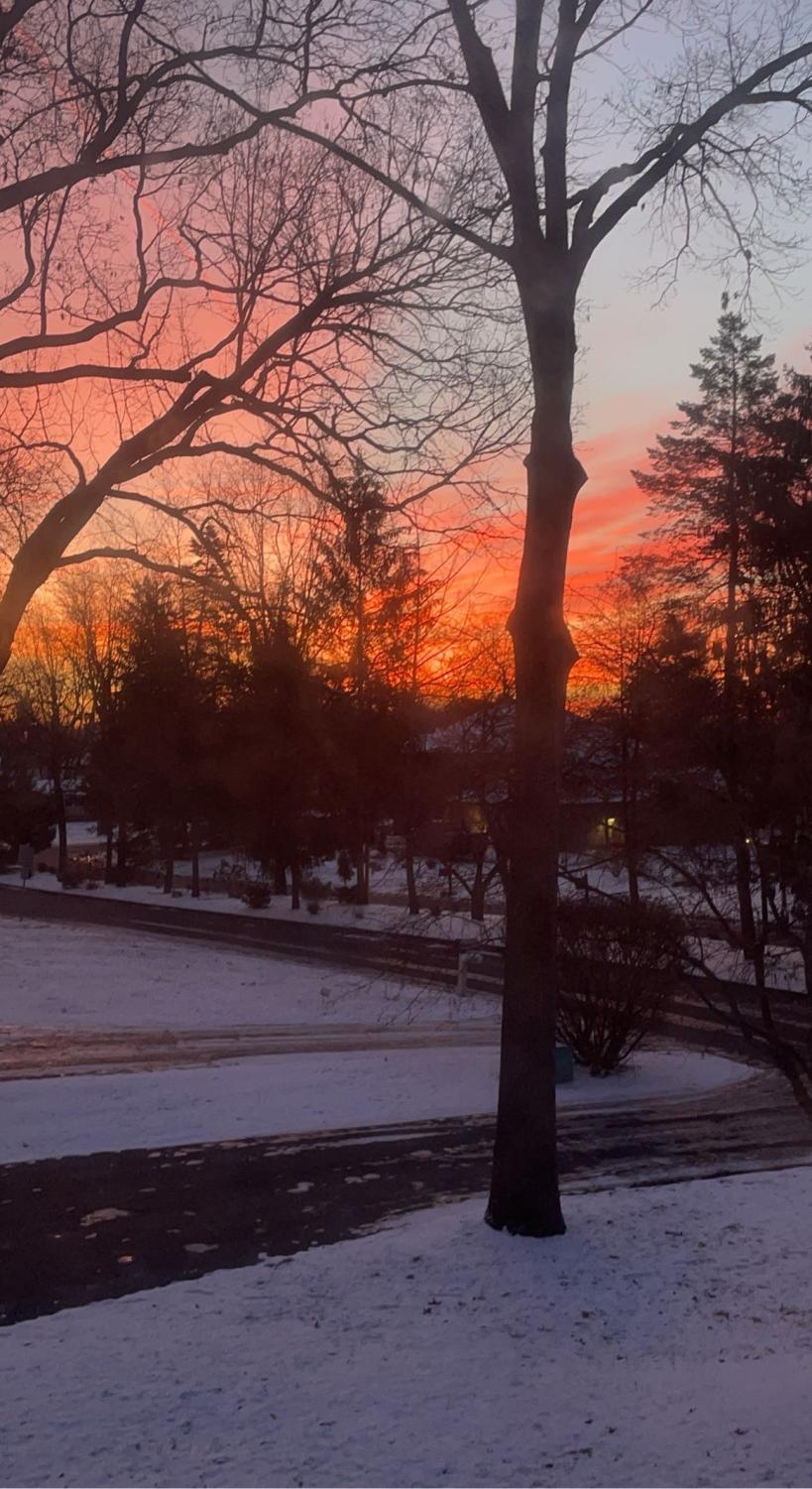As the year goes on everything tends to get a little darker, the sun sets earlier, the skies are a little more gloomy, the days are shorter, and the nights are longer. Whether you can relate to this or not, all of these small shifts have large effects on our thoughts, emotions, and overall daily lives. Affecting some more heavily than others, this case of ‘seasonal depression’ takes hold of many of us this time of year.
“Seasonal Affective Disorder (SAD) is depression that happens to a person only at a specific time of year. With SAD, a person becomes depressed in fall or winter, when days are shorter and it gets dark earlier. SAD is brought on by the brain’s response to the seasonal changes in daylight. When the daylight hours grow longer again, the depression lifts,” as explained by D’Arcy Lyness, PhD.
As the semester comes to a close it becomes the time of year we should be putting forth our best efforts, however, when motivation escapes us and the world looks a little duller outside each day just seems a little more daunting than the last.
According to the doctors on kidshealth.org, many symptoms of seasonal affective disorder include: negative thinking, trouble concentrating, low energy, lack of enjoyment, changes in eating, mood, and sleeping. These symptoms are evident in both youth and adults alike. Being both a teenager and high school student, I would like to focus on the effect this disease has on my peers during this specific time of year.
This disease has a different effect on everyone. “Some people just feel tired. They enjoy things less but can get to work and function. However, for some it is truly disabling,” according to The Cameron Holcomb Wilson chair in depression studies at the Center for Addiction and Mental Health and professor of psychiatry at the University of Toronto, Robert Levitan. In regards to school, many choose to distract themselves with coursework and studying for exams, while others get so distracted their schoolwork ends up on the backburner.
With the constant busyness of the exam season, relief is the first feeling to come when it all comes to a close, however, if each day of winter break isn’t full of plans to keep one busy thoughts tend to fill one’s mind making it harder to keep the ‘winter blues’ away.
A study done by PennState University says, in order to best avoid the winter blues one must, “Walk outdoors on sunny days, even during the winter months. If it is gray and overcast, use as much light indoors as you can.”
As much as physical activity, some hearty vitamin D, and keeping oneself busy are preventative measures, this disease is no friend to the mind. This time of year is especially important to pay attention to ones mental health and that of ones loved ones.






Leave a comment